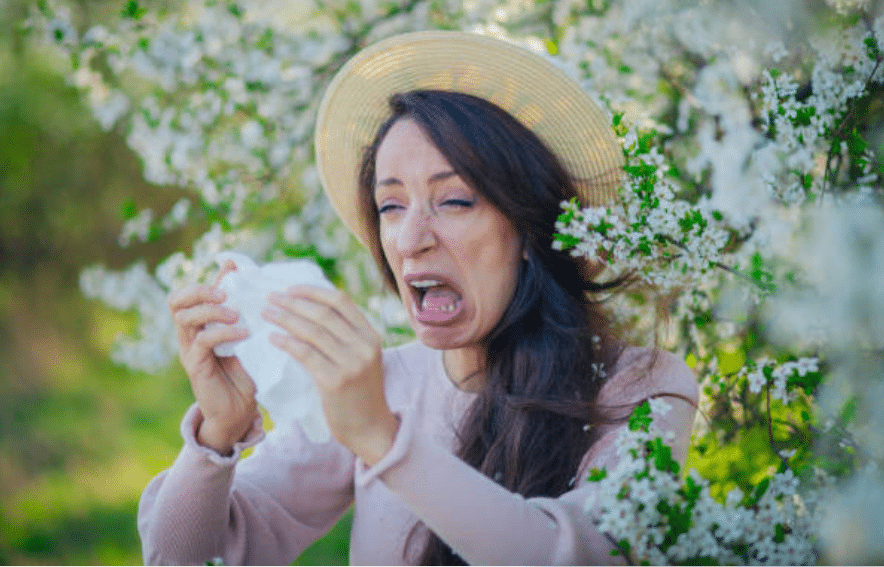
Acupuncture and Hay Fever
Acupuncture and Hay Fever
Written by Dr Sonya Rosenbrock, Bairnsdale clinic.
Spring is in the air, there are pretty flowers everywhere. But with all these beautiful blossoms comes an increase in pollen, and for many people they experience an increase in hay fever (also known as Allergic Rhinitis). Are you tired of having to rely on antihistamines or avoid going outside?
Did you know that a recent study conducted at Griffith University showed that ‘Acupuncture has been found to improve symptoms and quality of life in patients with allergic rhinitis’,(1).
Acupuncture works by reducing inflammation and stimulating the immune system to reduce symptoms of nasal obstruction, nasal itch, runny nose, sneezing and itchy eyes. By needling specific acupuncture points, we can help calm your body’s reaction to these allergens and bring you relief.
Book in now for your free 15 Minute consultation to see if acupuncture can help you with allergies.
Acupuncture can be a helpful treatment for seasonal hay fever (allergic rhinitis) for several reasons:
- Symptom Relief: Acupuncture may help reduce symptoms such as sneezing, itching, and congestion by promoting the body’s natural healing processes and balancing the immune system. (1)
- Anti-inflammatory Effects: It is believed that acupuncture can help reduce inflammation in the nasal passages and sinuses, which can alleviate symptoms of hay fever. (2)
- Immune System Modulation: Acupuncture may help regulate the immune response, potentially making the body less reactive to allergens.(1)
- Personalized Treatment: Acupuncturists tailor treatments to individual symptoms and health conditions, which can address specific issues related to hay fever.
- Complementary Therapy: Acupuncture can be used alongside other treatments, such as antihistamines or nasal sprays, to enhance overall effectiveness. (3)
- Minimal Side Effects: Compared to some medications, acupuncture generally has fewer side effects, making it a gentler option for managing symptoms. (4)
References
- McDonald, J. L., Smith, P. K., Smith, C. A., Changli Xue, C., Golianu, B., & Cripps, A. W. (2016). Effect of acupuncture on house dust mite specific IgE, substance P, and symptoms in persistent allergic rhinitis. Annals of Allergy, Asthma & Immunology, 116(6), 497–505. doi:10.1016/j.anai.2016.04.002
- McDonald, John L., Cripps, Allan W., Smith, Peter K., Smith, Caroline A., Xue, Charlie C., Golianu, Brenda, The Anti-Inflammatory Effects of Acupuncture and Their Relevance to Allergic Rhinitis: A Narrative Review and Proposed Model, Evidence-Based Complementary and Alternative Medicine, 2013, 591796, 12 pages, 2013. https://doi.org/10.1155/2013/591796
- Wang, J., Li, W., Yang, J., et al. (2010). The effect of acupuncture on the symptoms of allergic rhinitis: A randomized controlled trial. The American Journal of Chinese Medicine, 38(6), 941-950.
- Vickers, A.J., Vertosick, E.A., Lewith, G., et al. (2016). Acupuncture for allergic rhinitis: A systematic review. The Cochrane Database of Systematic Reviews.


